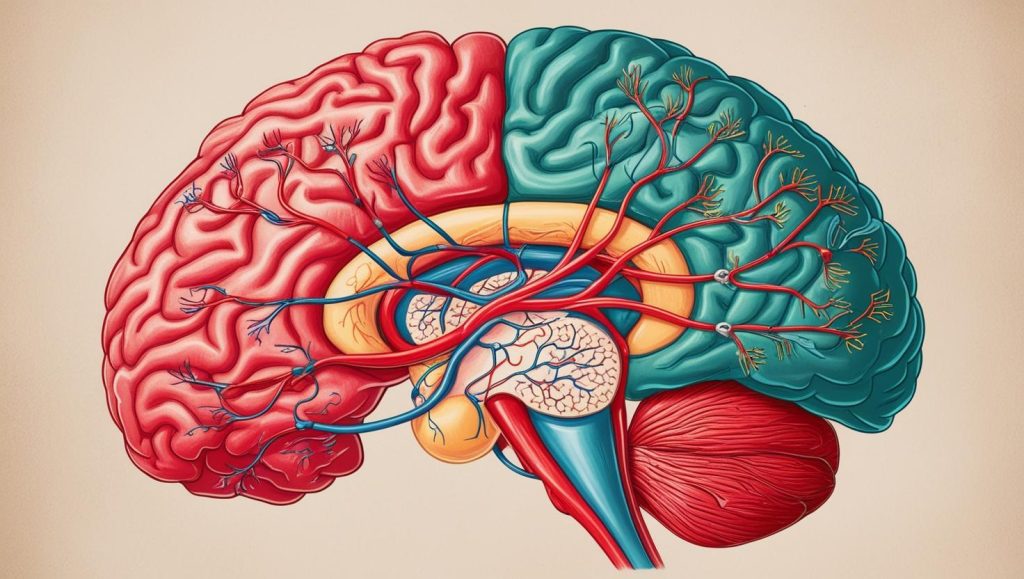Introduction
Neurophysiology is a fascinating field that explores the functioning of the nervous system. As a sub-discipline of neuroscience, it combines elements of biology, physics, and chemistry to study nerve cells’ electrical and chemical activities. For students, tackling neurophysiology homework can be challenging due to its complex concepts and technical details. If you are struggling with assignments, this comprehensive Neurophysiology Homework Help guide will provide you with valuable insights, external resources, and effective study techniques.

Understanding Neurophysiology
Neurophysiology focuses on the electrical and chemical processes within the nervous system. It involves studying neurons, synapses, neurotransmitters, and the brain’s role in coordinating body functions. Some of the critical topics in neurophysiology include:
- Neural Communication: Understanding how neurons transmit electrical signals.
- Synaptic Transmission: The role of neurotransmitters in neural activity.
- Electrophysiology: Techniques for measuring electrical activity in neurons.
- Neural Circuits and Networks: How groups of neurons function together.
- Sensory and Motor Systems: How the nervous system processes sensory input and controls movement.
Importance of Neurophysiology in Modern Science
Neurophysiology is crucial in various scientific and medical fields, including neurology, psychology, and biomedical engineering. Researchers use neurophysiology to develop treatments for neurological disorders, improve prosthetics, and enhance brain-computer interface technologies.
Applications in Medicine
Neurophysiological research has led to significant medical advancements, such as:
- Treatment of Neurological Disorders: Conditions like epilepsy, Parkinson’s disease, and multiple sclerosis benefit from neurophysiological research.
- Brain-Machine Interfaces: Devices that allow paralyzed patients to control computers or prosthetic limbs with their thoughts.
- Electroencephalography (EEG): A tool used in diagnosing brain disorders and monitoring brain activity.
Tips for Excelling in Neurophysiology Homework
1. Utilize Online Resources
Several online platforms offer valuable content for students struggling with neurophysiology. Consider using:
- Khan Academy for video lectures on biological systems.
- PubMed for research papers and scholarly articles.
- Neuroscientifically Challenged for easy-to-understand neuroscience explanations.
2. Understand the Basics First
Before diving into complex concepts, ensure you have a solid grasp of:
- The structure and function of neurons.
- How action potentials are generated.
- The role of neurotransmitters in communication.
3. Develop a Study Plan
Break your study sessions into manageable segments, focusing on different neurophysiology topics each day. Using flashcards and summary notes can help reinforce learning.
4. Seek Help from Tutors and Forums
If you need clarification, don’t hesitate to seek guidance from:
- Chegg for tutoring and textbook solutions.
- Reddit for discussions and expert advice.
5. Practice with Past Papers
Practicing previous neurophysiology exams and quizzes can help you understand question patterns and improve problem-solving skills.
Common Challenges in Neurophysiology Assignments
1. Understanding Complex Diagrams
Neurophysiology often involves detailed diagrams of neural circuits and brain structures. Practice labeling and redrawing these diagrams for better retention.
2. Memorizing Neurotransmitters and Their Functions
Use mnemonic devices to remember neurotransmitters and their roles. For example, “Dopamine Drives Desire” can help recall dopamine’s function in motivation.
3. Applying Mathematical Concepts
Some neurophysiology problems require calculations, such as determining action potential velocities. Reviewing basic physics and mathematics principles can be beneficial.
Recommended Books for Neurophysiology Homework Help
If you prefer learning from textbooks, consider these highly recommended books:
- “Principles of Neural Science” by Eric Kandel
- “Neurophysiology: A Conceptual Approach” by Roger Carpenter
- “Essential Neuroscience” by Allan Siegel
Conclusion
Mastering neurophysiology requires dedication, practice, and the right resources. By leveraging online materials, seeking help when needed, and applying effective study strategies, you can excel in your neurophysiology homework. Whether you are a beginner or an advanced student, this Neurophysiology Homework Help guide serves as a valuable resource to enhance your understanding and academic performance.


